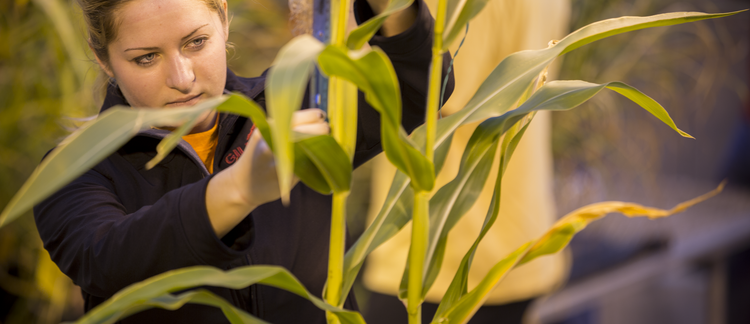Abstract
Since the beginning of domesticated agriculture, plants have been selected based on phenotypic characteristics visually observed above ground. Often roots and soil root interactions are less commonly studied and observed. Some breeders now are starting to investigate beyond the generally known knowledge of root system architecture (RSA). Legume crops present a unique, often hidden relationship, underground. Historically, researchers and farmers rarely quantify the number of nodules present on a soybean root. Nodules are the structural component of a soybean root where Bradyrhizobium japonicum lives in a symbiotic relationship with a legume to fix nitrogen for the plant. For breeders to more effectively quantify and study this beneficial relationship, a new tool has been developed called SNAP—Soybean Nodule Acquisition Program—which uses computer vision and machine learning to identify and quantify the nodules in a 2D soybean root image.
How to Cite:
Ganapathysubramanian, B., Nagasubramanian, K., Falk, K., Carley, C., Singh, A., Singh, A., Tran, T. & Sarkar, S., (2019) “Soybean Root Phenomics”, Iowa State University Research and Demonstration Farms Progress Reports 2018(1).
Downloads:
Download PDF
View PDF
373 Views
139 Downloads

